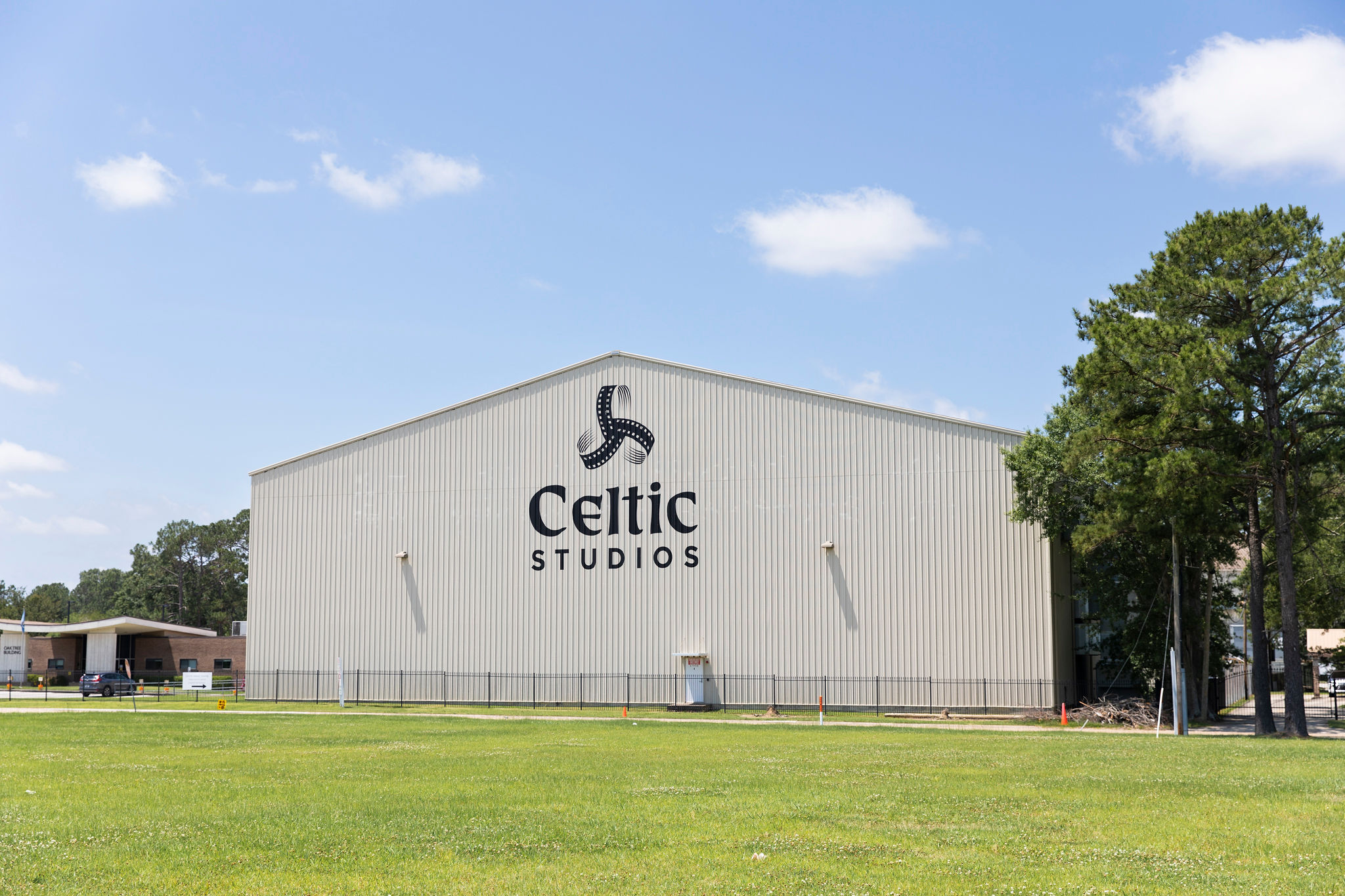
The future of Baton Rouge’s film and television production industry looks bright
Editor’s note: This article has been updated since publication to clarify a quote.
Between the controversial Richard Pryor 1982 comedy The Toy, the critically condemned 2015 reboot of the Fantastic Four and Pitch Perfect, the hit 2012 acapella comedy shot on LSU’s campus, filmmaking has been a major boon to Baton Rouge and its community for decades, regardless of critical reception or cultural impact of the films shot here.
But since the COVID-19 pandemic struck the world over two years ago, things were changed in the way movies and television are made in Baton Rouge—and to no surprise, there’s a focus on streaming.
|
|
Disney’s National Treasure television series represents Baton Rouge’s cinematic rebirth. The series, set to debut on Disney+ at an unspecified time, is a continuation and soft reboot of the Nicholas Cage-led franchise. The new Baton Rouge-set series reimagines the historical mystery films with a young Latinx woman uncovering a lost Pan-American treasure.
Pre-production began in Baton Rouge during November 2021, with filming starting early 2022.
“If all goes according to plan, they’ll be here another year,” explains Katie Pryor, executive director of the Baton Rouge Film Commission. “A series is the best case scenario for any city, and a series that represents the city as itself is immeasurably beneficial.”
National Treasure is the second major production Disney has brought to the city, with another streaming project, Crater, utilizing the sound stages of Celtic Studios on Airline Highway to create a realistic lunar base for the science fiction coming-of-age story produced by Free Guy and The Adam Project director Shawn Levy.
Chris Stelly, the executive group director of entertainment and digital media at Louisiana Economic Development, feels the focus of streaming was inevitable.
It so happened that a pandemic forced movie theaters to close and an increased demand for digital content, something Baton Rouge would soon facilitate with a litany of productions that started during the height of the pandemic and continue to this day.
“We’re equipped to handle this increase in production,” Stelly says. “We’re ready to address any of the news that production has for shooting in our state.”
With the potential for a long-running production that could take on multiple seasons, like National Treasure, the future looks bright for Baton Rouge. New, stable jobs will be created for local filmmakers, as well as technical positions to train the next generation of filmmakers in their own backyards to cultivate the local industry instead of relocating to California or New York, Pryor explains.
Tax incentives have put Louisiana and Baton Rouge on the map for filmmakers for more than 20 years.
Incentives include up to 40% tax credits on qualified spending, which includes but is not limited to local spending on productions that includes employment of locals in several facets of production. For a production to qualify for incentives, Pryor explains, 2% of a production’s budget must go into a program managed by the state.
“We have what people need to come and film,” Pryor says.
One of the more specific incentives, Pryor says, is an extra 10% credit for the use of a Louisiana-based writer. She explains that this, in addition to other programs, help reinvest into the local community and create an environment where more productions, both independent and big budget, can be produced in Louisiana, specifically Baton Rouge.
“It’s all about reinvesting here to help it grow and help bring about the next generation of storytellers in Louisiana,” Pryor explains.
One of the upcoming productions taking advantage of the incentives in Baton Rouge and the surrounding nine-parish region is Master Gardener, a new independent crime thriller from Paul Schrader, the writer of Taxi Driver. The film is set to star Joel Edgerton and Sigourney Weaver.
Another element of Baton Rouge’s future as the future filmmaker’s haven is the first-of-its-kind virtual production stage being installed in LSU’s digital media center.
“It’s being called a game-changer, because we’re the only public university, to my knowledge, that will be training on this technology, so those grads that come from that program will be in high demand not only in Louisiana but around the world,” Stelly says.
The virtual production stage, utilizing the same technology used to create the streaming galaxy of The Mandalorian, as well as the newest depiction of Gotham City in The Batman, is set to eliminate the need for green screen and creates realistic environments that can be captured on camera.
“Baton Rouge is really at the epicenter for all of that growth and those opportunities,” Stelly explains. “And it’s really been a joy to invest in education and workforce development projects.”
This is the first part of a two part series exploring the future of film production in Baton Rouge. Stay tuned next week for a behind-the-scenes look at the various groups in Baton Rouge making movie magic happens!
|
|
|

